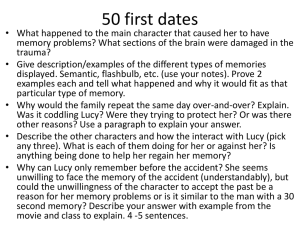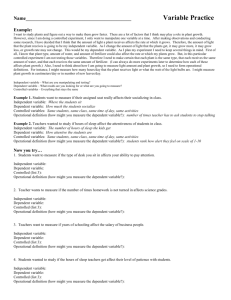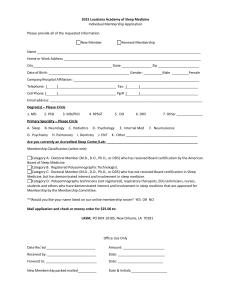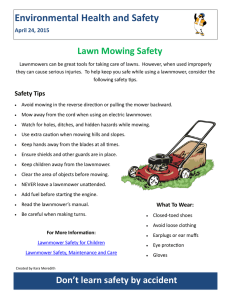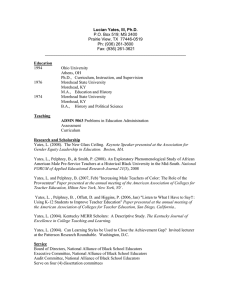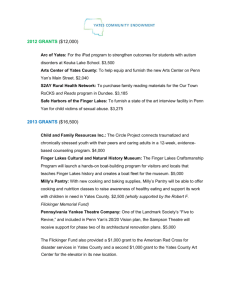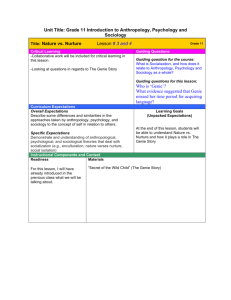`Revolutionary Road` by Richard Yates – Genie Wood – Prose
advertisement
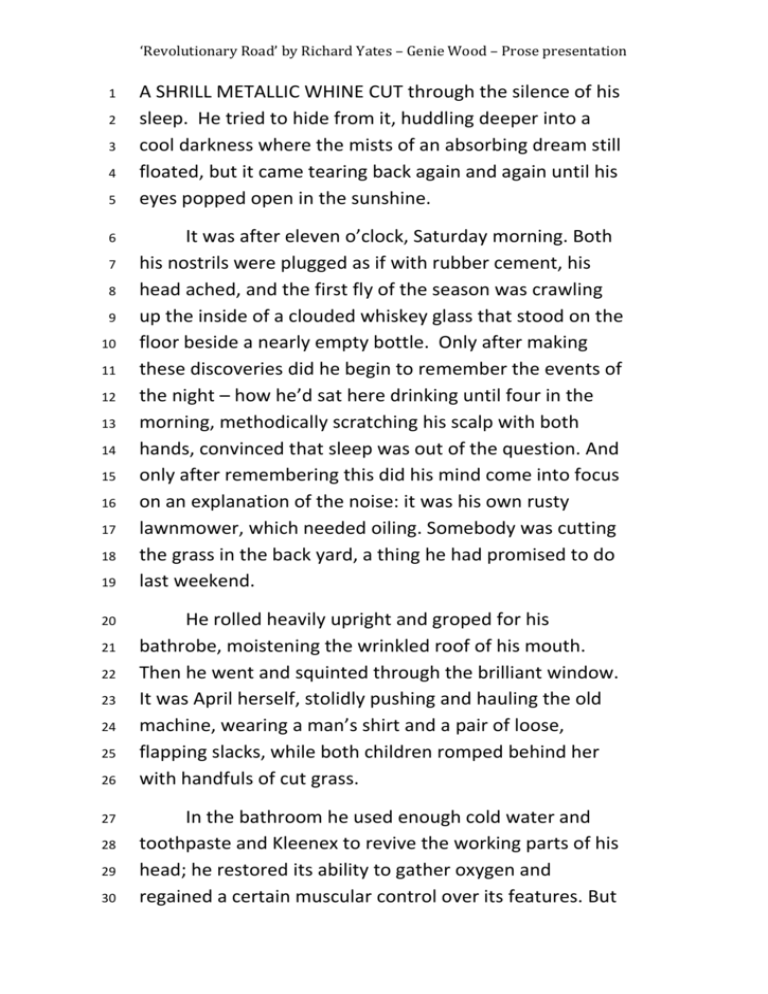
‘Revolutionary Road’ by Richard Yates – Genie Wood – Prose presentation 1 2 3 4 5 6 7 8 9 10 11 12 13 14 15 16 17 18 19 20 21 22 23 24 25 26 27 28 29 30 A SHRILL METALLIC WHINE CUT through the silence of his sleep. He tried to hide from it, huddling deeper into a cool darkness where the mists of an absorbing dream still floated, but it came tearing back again and again until his eyes popped open in the sunshine. It was after eleven o’clock, Saturday morning. Both his nostrils were plugged as if with rubber cement, his head ached, and the first fly of the season was crawling up the inside of a clouded whiskey glass that stood on the floor beside a nearly empty bottle. Only after making these discoveries did he begin to remember the events of the night – how he’d sat here drinking until four in the morning, methodically scratching his scalp with both hands, convinced that sleep was out of the question. And only after remembering this did his mind come into focus on an explanation of the noise: it was his own rusty lawnmower, which needed oiling. Somebody was cutting the grass in the back yard, a thing he had promised to do last weekend. He rolled heavily upright and groped for his bathrobe, moistening the wrinkled roof of his mouth. Then he went and squinted through the brilliant window. It was April herself, stolidly pushing and hauling the old machine, wearing a man’s shirt and a pair of loose, flapping slacks, while both children romped behind her with handfuls of cut grass. In the bathroom he used enough cold water and toothpaste and Kleenex to revive the working parts of his head; he restored its ability to gather oxygen and regained a certain muscular control over its features. But ‘Revolutionary Road’ by Richard Yates – Genie Wood – Prose presentation 31 32 33 34 35 36 37 38 39 40 41 42 43 44 45 46 47 48 49 50 51 52 53 54 55 56 nothing could be done about his hands. Bloated and pale, they felt as if all their bones had been painlessly removed. A command to clench them into fists would have sent him whimpering to his knees. Looking at them, and particularly at the bitten-down nails that never in his life had had a chance to grow, he wanted to beat and bruise them against the edge of the sink. He thought then of his father’s hands, and this reminded him that his dream just now, just before the lawnmower and the headache and the sun, had been of a dim and deeply tranquil time long ago. Both his parents had been there, and he’d heard his mother say “Oh, don’t wake him, Earl; let him sleep.” He tried his best to remember more of it, and couldn’t; but the tenderness of it brought him close to tears for a moment until it faded. They had both been dead for several years now, and it sometimes troubled him that he could remember neither of their faces very well. To his waking memory, without the aid of photographs, his father was a vague bald head with dense eyebrows and a mouth forever fixed in the shape either of disgruntlement of exasperation, his mother a pair of rimless spectacles, a hair net, and a timorous smear of lipstick. http://prezi.com/_sjrcs6iwk5d/extract-fromrevolutionary-road-by-richard-yates/



